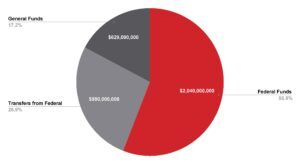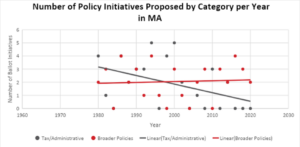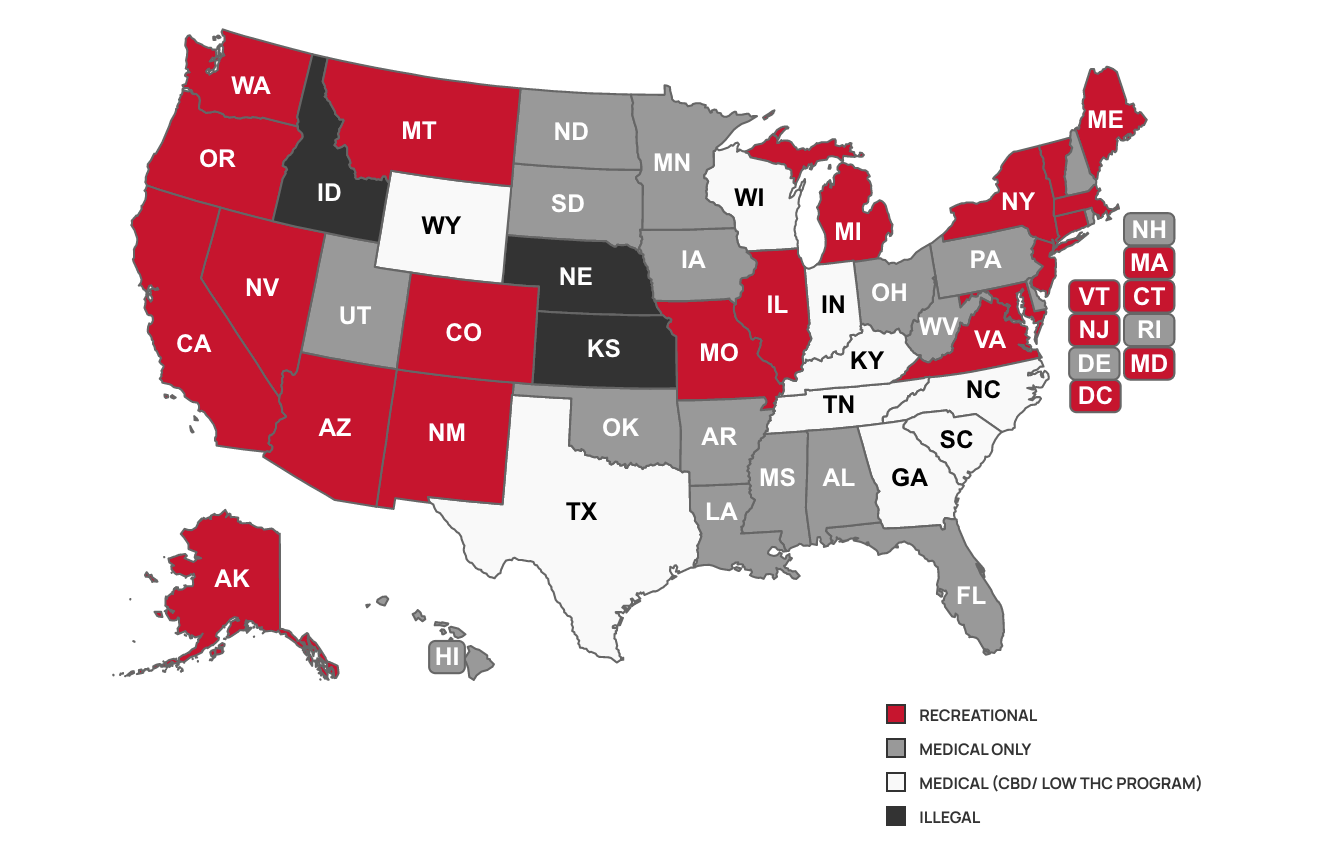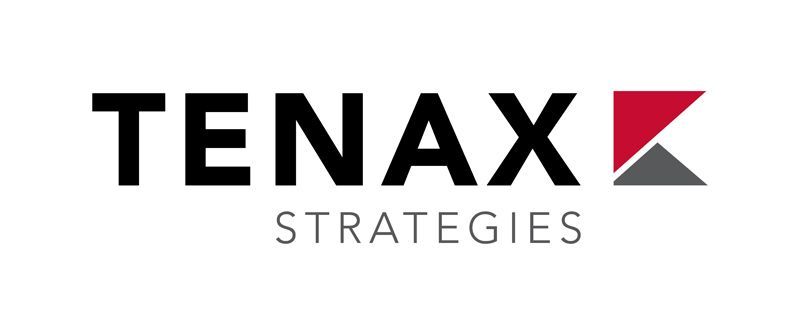Important Differences Between Medical and Adult-Use Cannabis Facilities in Massachusetts
The flourishing cannabis industry is proving to be a highly lucrative new field . In Massachusetts, adult-use cannabis retail stores have generated over $1.57 billion in sales in just 2 ½ years.
The industry is full of untapped potential, but it’s also rife with complexities. Cannabis is heavily regulated and getting involved in the space requires significant knowledge and expertise.
To mitigate the risk that comes with entering the cannabis industry, all prospective business owners should know and plan for the bevy of laws, regulations, and hurdles that stand in their way. As with any new business endeavor, significant investments of money and time are at stake. Adequate preparation and planning is vital to help minimize challenges and overcome obstacles.
Tenax Strategies’ team of lobbying and public affairs professionals know the intricacies of the Massachusetts cannabis industry and work tirelessly to prepare clients who wish to open cannabis facilities. Part of our mission is to provide ongoing education for prospective cannabis entrepreneurs so that they’re ready to overcome the unique challenges they’ll inevitably face.
Massachusetts Laws Distinguishing Medical vs. Adult-Use Retail Cannabis Facilities
The first distinction that needs to be made is how the Massachusetts laws and regulations treat medical and adult-use cannabis establishments. Although medical and adult-use cannabis facilities may appear to be selling a similar product (and can even both be sold under one roof), they cater to two different markets and are subject to different governance.
Here are the major differences between medical cannabis and adult-use cannabis in Massachusetts:
| Medical Cannabis in Massachusetts | Adult-Use Cannabis in Massachusetts | |
|---|---|---|
| Medical conditions | Must be diagnosed with a qualifying medical condition (ALS, Cancer, Crohn’s disease, Glaucoma, HIV/AIDS, Hepatitis C, Multiple Sclerosis, Parkinson’s disease) before they can purchase cannabis. Must register and apply for a state-issued medical marijuana card. | Don’t need to meet any health qualifications or register as a medical marijuana patient. |
| Age | Must be at least 18 years old. A minor with the intent to purchase must be diagnosed with at least two of the state’s qualifying medical conditions and proof that other medicines did not sufficiently aid their treatment. | May legally purchase marijuana beginning at the age of 21. |
| Amount | Permitted a 60-day supply (up to 10 ounces) of cannabis. | May purchase 1 ounce or less of marijuana, except that not more than 5 grams of marijuana may be in the form of marijuana concentrate. Within the person’s primary residence possession of up to 10 ounces is also permitted under the Massachusetts adult-use cannabis law. |
| Potency | Varies considerably. | Limits edibles to 5 mg of THC per dose, and 100 mg of THC for the entire package. |
| Taxes | Like typical prescriptions, medical cannabis is not taxed. | Heavily taxed. State retail excise tax is 10.75%, sales tax is 6.25%, and local taxes may add an optional 3% tax on retail purchases of all cannabis products. |
Additional Barriers to Cannabis Licenses
Once prospective business owners have decided to apply for their adult-use cannabis license, there are additional barriers to overcome. The trusted experts at Tenax Strategies can help guide you to a successful outcome as you navigate:
- Local approval: All cannabis establishments must hold a Community Outreach Meeting and sign a Host Community Agreement with their local municipality. During this process, the fate of the cannabis establishment rests in the hands of community members and stakeholders.
- Wait time: Once applications are submitted, approval can several months. The Cannabis Control Commission (CCC) reviews applications according to priority status and submission date. Typically within 120- 150 days of receiving the license application, the CCC will issue either a provisional license or a rejection. Following the issuance of a Provisional License, applicants must complete a Post Provisional License Inspection (PPLI) prior to being considered for a Final License. Once a Final License has been issued an applicant must then complete a Post Final License Inspection (PFLI) prior to receiving authorization to Commence Operations. Once an applicant has received authorization to Commence Operations, they may open to the public no earlier than 72 hours after receiving the Commence Operations authorization.
- Public opinion: In 2016, Massachusetts residents voted in favor of legalizing adult-use cannabis. At the time, studies showed that naysayers were primarily concerned that the cannabis industry would harm society—though real world data has proven the contrary. In actuality, the local economic benefits of adult-use establishments are bountiful. Washington state found that the cannabis sector contributed roughly $1.85 billion in total gross state product in 2020 alone, helping to fund education, healthcare, and transportation. Massachusetts is experiencing similar results as cannabis revenue increases exponentially. Still, strategic planning is required to sway public opinion in favor of opening a cannabis establishment in a community.
Considering opening a cannabis facility in Massachusetts? Partner with a team that has a proven track record of success. Tenax Strategies can help you minimize risk and maximize potential.
Contact us today
for assistance getting your new cannabis business off the ground.
The post Important Differences Between Medical and Adult-Use Cannabis Facilities in Massachusetts appeared first on Tenax Strategies.







